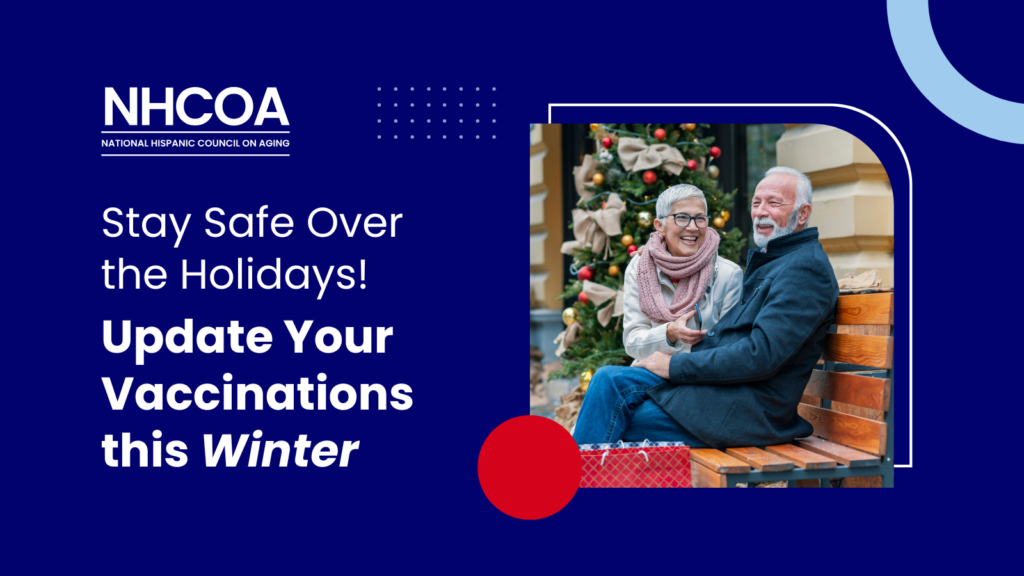
Winter is here! Now that we’ve reached the holiday season, it’s important we remember that the winter season is also when respiratory diseases like COVID-19, influenza, and RSV reach their peak. As we travel and gather with our loved ones to huddle indoors for moments of celebration and togetherness, we must also be aware of the significant rise in risk of transmission of these troublesome diseases.
Including their peak transmission season, these three diseases all have a lot in common!
1. Symptoms
All three of these viral respiratory diseases manifest with similar symptoms. Most commonly, symptoms will include coughing, shortness of breath or difficulty breathing, and congestion, but can also include a fever, headaches, and general fatigue.
Influenza and COVID-19 may also involve muscle aches, a sore throat, and diarrhea, while COVID-19 also singularly includes loss of taste or smell.
2. How They Spread
As viral respiratory diseases, COVID-19, influenza, and RSV are all transmitted through respiration, of course!
Someone who is infected with any of these three diseases can infect others through such means of transmission as a sneeze or cough, as either may carry droplets containing the virus to others. This means the transmission is both airborne and found in general mucus or saliva. Receiving an infection through touch is less common, as it would likely involve touching the mucus, saliva, or similar refuse of an infected individual. Otherwise, surfaces are less likely to carry the virus.
RSV specifically, is typically only spread amongst infants and older adults.
3. How They are Best Prevented
First and foremost, the best way to prevent infection of COVID-19, influenza, and RSV, are to be vaccinated against them. The CDC recommends that everyone 6 months and older should stay up to date with recommended vaccine doses for both COVID-19 and influenza. You can even get vaccinated against COVID-19 and influenza during the same visit to your healthcare provider or pharmacy, making it not only the best method of prevention but the most convenient as well.
However, only adults ages 75 and up, or 60 and up who are at increased risk, should be receiving their doses of vaccination against RSV. Infants are recommended to receive immunization against RSV via a maternal vaccine given during pregnancy, or an RSV antibody given after birth.
Aside from staying up to date with your vaccines, be sure to wash your hands regularly and to wear a mask when you’re in crowded areas, especially if you are indoors.
This Holiday season, keep yourself and your loved ones safe. Stay up to date with your vaccinations against COVID-19, influenza, and RSV, so everyone can be together!
Ensure your community is up to date with their vaccinations! Check out the #RiskLessDoMore Campaign, for resources on vaccination awareness.
The blog is part of the #RiskLessDoMore campaign.
Sources:
- https://www.cdc.gov/ncird/whats-new/cdc-updates-vaccine-recommendations.html
- https://www.cdc.gov/covid/vaccines/stay-up-to-date.html
- https://www.cdc.gov/flu/prevent/keyfacts.htm
- https://www.cdc.gov/coronavirus/2019-ncov/vaccines/recommendations/specific-groups.html
- https://www.cdc.gov/flu/prevent/keyfacts.htm
- https://www.cdc.gov/covid/vaccines/getting-your-covid-19-vaccine.html

Recent Comments